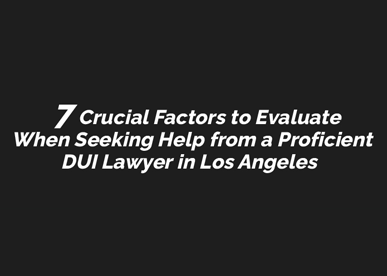Many of the PC 647 laws state that a defendant is guilty only if they committed the crime while they were in public, or someone was looking at them.
Therefore, saying that the incident did not occur if the victim does not have evidence or witnesses who can prove the fact is a valid defense for the aggressor, believing that this can exempt him from guilt. However, keep in mind that there are processes with which the circumstances of the crime and what really happened can be verified.
On the other hand, there are people who wrongly accuse others of committing any of these crimes with the purpose of taking advantage of the situation, extorting, intimidating or through personal favors.
Example: A man lies and says that his ex-wife turned to prostitution because he was full of anger or jealousy and would mistreat her if she tried to go to the police.
If the criminal admits guilt, a valid defense to suing as a victim is that he was wrongly blamed for a crime he did not commit or for which there is no evidence.
If you consider it necessary as a person who is accused of a crime such as the ones we have mentioned, take legal action with a lawyer specialized in criminal defense against the aggressor to know the options you have in case you go to court or reach an agreement that benefits to those affected


